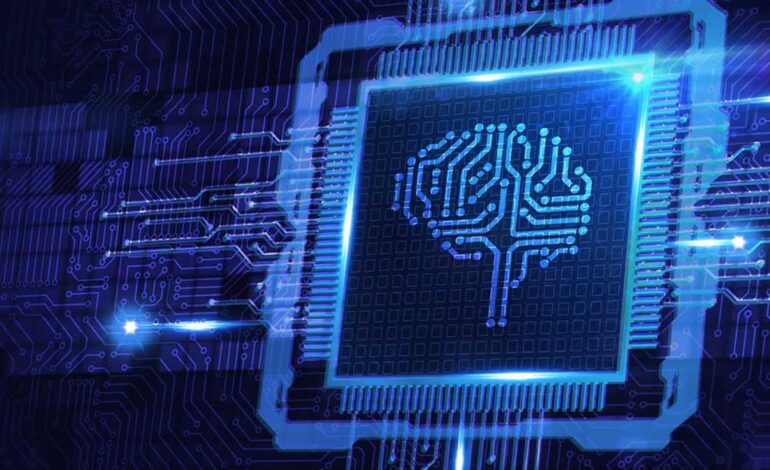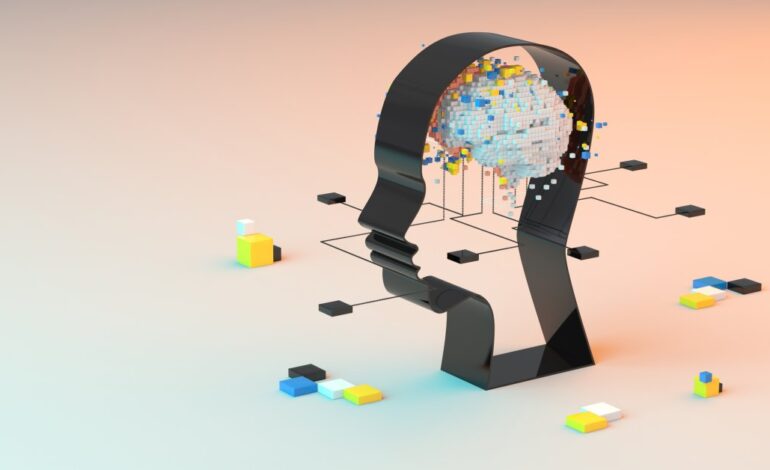
New Graduates Embrace AI in Evolving Workplace Dynamics
As new graduates enter the workforce, artificial intelligence (AI) remains a towering presence in their career path. This article sheds light on how these fresh professionals perceive AI’s influence on job markets and their readiness to adapt to tech-driven roles.
The Growing Impact of AI in Modern Industries
Artificial intelligence is reshaping industries across the globe, offering new opportunities and challenges. By automating routine tasks and enhancing decision-making, AI helps companies boost productivity and innovation. This technological evolution influences the types of roles available to new graduates, pushing them to acquire tech skills and adapt to a constantly changing professional landscape.
New Graduates’ Perspectives on AI Technology
Recent graduates show a mix of excitement and apprehension about AI. While optimistic about AI-driven productivity and job creation, they also harbor concerns about job displacement. Educational backgrounds often influence how comfortable graduates feel with AI. Those equipped with tech-savvy skills demonstrate readiness to seize AI-related opportunities in sectors like finance, healthcare, and technology.
Preparing for an AI-Integrated Workforce
Adapting to AI requires a strategic approach from both educational institutions and employers. Universities play a crucial role by integrating AI and tech courses in their curricula. Meanwhile, companies must provide training programs to upskill their workforce. Collaboration between academia and industry can ensure that new graduates are well-prepared to thrive in an AI-driven work environment.
Conclusion
AI’s integration into the workforce offers both opportunities and challenges for new graduates. With the right skills and adaptive mindset, these young professionals can embrace the changing dynamics, ensuring their career growth in a tech-driven world. Partnerships between educators and employers are essential in preparing graduates for AI’s transformative impact.




